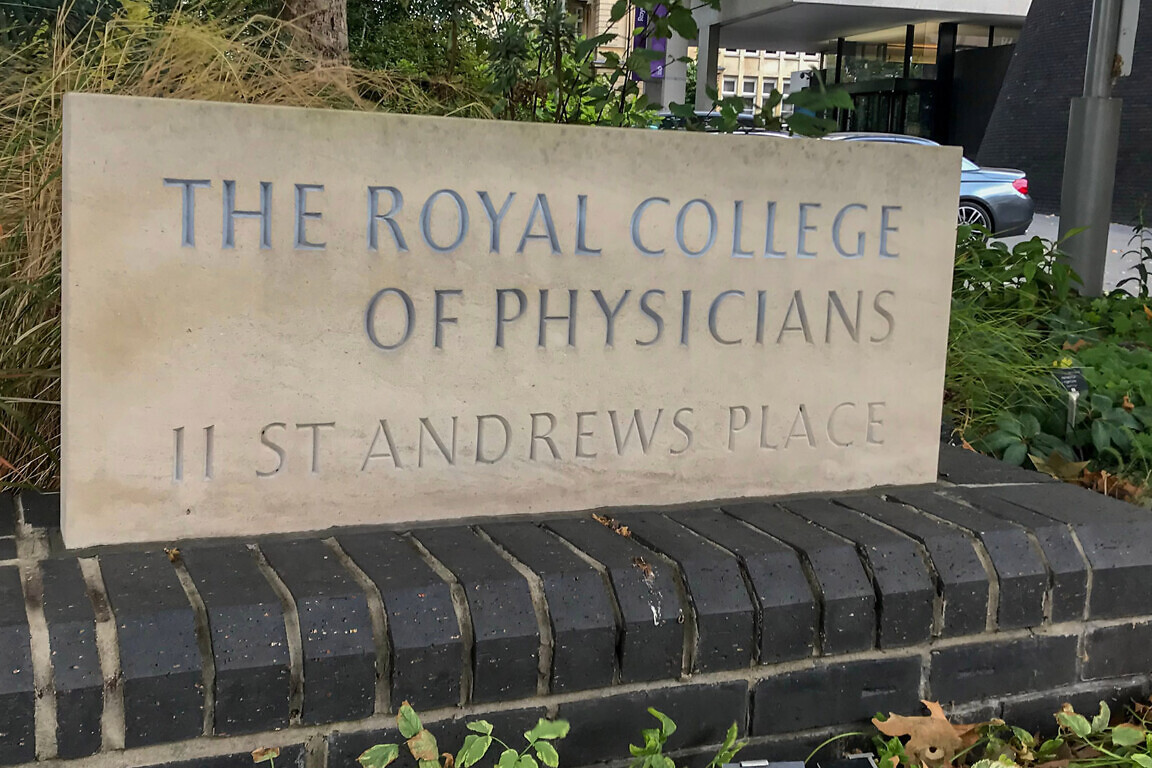The Royal College of Physicians has launched a new policy position on end-of-life and palliative care to improve support across the NHS and social care.
The Royal College of Physicians (RCP) has launched a policy position on end-of-life and palliative care, calling on government and health system leaders to transform how dying is recognised and supported across the NHS and social care.
It calls for a cultural shift – both within healthcare and wider society – towards more open conversations, earlier planning and better integrated care for people with progressive life-limiting conditions. It highlights the urgent need to move beyond a curative mindset to one that embraces personalised, anticipatory approaches to care.
“Doctors of all career grades and specialities need the skills – and, vitally, the time – to recognise when a person is approaching the end of their life,” said RCP clinical vice president Hilary Williams. ‘Too often, that recognition happens only in the final days or weeks, and often in acute care settings. We can and must do better.”
Predictable trajectories
The position statement highlights that 70% of people die from conditions with predictable trajectories. Yet many patients approaching the end of their life are cared for in emergency departments or hospital corridors – settings ill-suited to sensitive, dignified care.
The RCP also recognises the vital role of generalist physicians in delivering end-of-life care, supported by specialist palliative services that are currently overstretched and unevenly available. It argues for better information sharing, aligned funding and multidisciplinary training across both health and social care.
The RCP has called on the government to launch a public awareness campaign about end-of-life and palliative care; fund professional education and improvement to support better end-of-life care planning and delivery; and commission a national strategy, including a service framework, common dataset and aligned workforce planning.
“As treatment options expand, knowing when to start or stop an intervention, when to investigate or when to focus on quality of life, is becoming more complex,” Williams added. “After all, anticipating the end of life is an act of clinical courage and kindness. These are hard-won skills rooted in expertise and experience – the system must learn to value them.”



